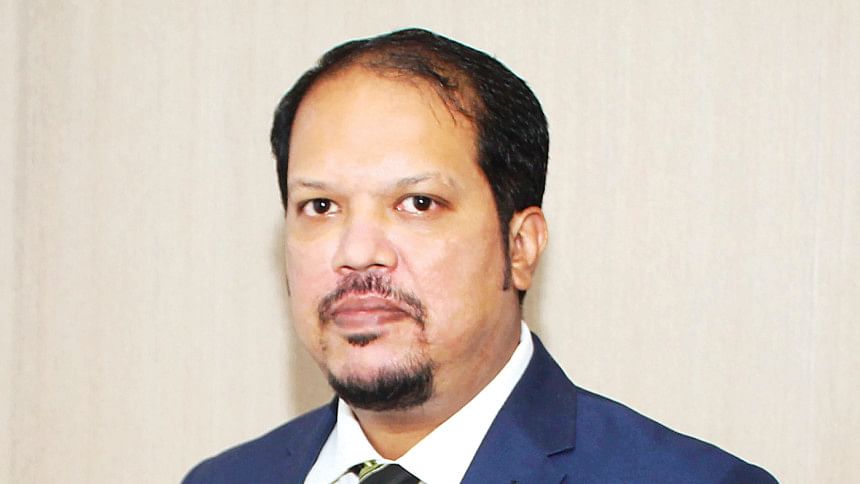Interim govt’s path to financial stability

Following the fall of the Sheikh Hasina-led government on August 5, Bangladesh as a nation finds itself at a critical crossroads. The subsequent political turmoil has left the country's financial sector in a fragile position, calling for urgent strategic plans and decisive execution of ideas by the interim government. As Bangladesh stands on the brink of graduating from least developed country (LDC) status in 2026, the priorities of the interim government must be clear.
The most pressing priority for the interim government is to stabilise the banking sector and restore trust, which has been severely distorted over the past 15 years. The amount of non-performing loans shot up from Tk 22,000 crore in 2009 to Tk 182,000 crore by March 2024. This situation reflects deep-rooted issues of corruption, mismanagement, fragile policies and a lack of accountability within the financial system.
Yes, the appointment of a new governor at the central bank is definitely an encouraging step, indicating the government's intent. However, further actions are needed to bring back confidence in the banking system.
The interim government must take uncompromising action against corrupt bank directors, including freezing their accounts and preventing them from escaping the country. Moreover, a comprehensive white paper for the banking sector should be produced to identify, publish and rectify previous data anomalies. These steps are crucial to restoring steadiness and trust in the financial system, which is indispensable for economic revival.
The tax structure in Bangladesh has been severely compromised, causing insufficient revenue collection and amplified government borrowing. The slow pace of execution under the Annual Development Programme has further stressed the economy, leading to inflation, higher commodity prices, liquidity crisis, and severe drop in private sector investment.
To address these issues, the interim government must carry out a thorough reform of the tax system. This includes horizontal expansion of the tax base, improving tax compliance, and reducing dependence on indirect taxes that affect the underprivileged group.
Additionally, the government should prioritise the implementation of the Annual Development Programme to stimulate economic growth and ease the need for excessive borrowing. Furthermore, it is vital to prepare white papers that highlight the current state of the tax system and propose clear, actionable reforms. This will not only provide a roadmap for the government, but also ensure transparency and accountability in the reform process.
Beyond the banking and tax systems, the interim government must tackle several other economic challenges that have plagued Bangladesh in recent years. The country has experienced a substantial drop in foreign exchange reserves, a deteriorating trend in imports, and a massive devaluation of the taka. These issues, combined with sluggish export earnings and remittance inflows, have put an immense burden on the economy.
To address these challenges, the interim government should emphasise on enhancing export competitiveness, diversifying the economy, and refining the business environment to attract foreign investment. Initiatives to boost remittance flows, such as reducing transaction costs and offering incentives to expatriate workers, can be considered.
Moreover, the government must take needful steps to resolve the problems in the power and energy sector as reliable and affordable energy is essential for economic growth. The overall law and order system, inflation situation, syndicate approach in business and sector wise corruption has to be combatted fearlessly.
Another critical issue requiring care is that a large portion of the country's youth remains jobless. To tackle this problem, the interim government should launch targeted plans to create jobs opportunities, improve vocational training, and support entrepreneurship. Reducing corruption in job placements and promoting private sector investment will also help in providing employment opportunities for the youth.
The interim government has a big opportunity to lay the foundation for a more stable, prosperous, and inclusive future. By prioritising the stabilisation of the banking sector, reforming the tax system, and addressing broader economic challenges, the government can steer the country toward recovery and progress.
Ensuring accountability, transparency, and inclusivity in the reform process will not only restore confidence in the government but also build a stronger, more resilient economy. The path forward may be challenging, but with the right policies and a commitment to meaningful change, Bangladesh can emerge from this crisis stronger than ever before. It's time to act right for our rights.
The author is a banker

 For all latest news, follow The Daily Star's Google News channel.
For all latest news, follow The Daily Star's Google News channel. 



Comments